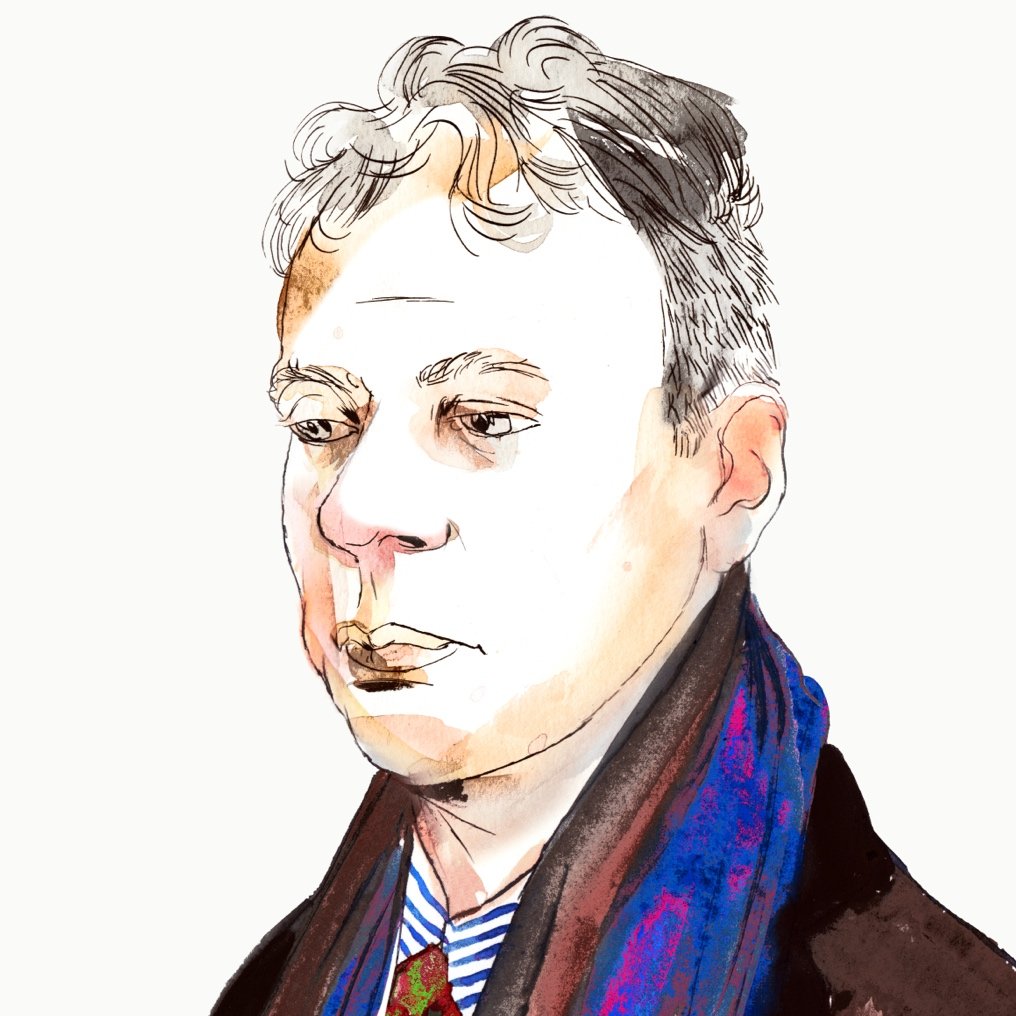I am in Florida right now, where state and local officials have clashed over whether church services are essential activities.
Three weeks ago, on March 17, Hillsborough County in Florida issued a ban on all gatherings of more than 50 people, including church services. One day before that, the mayor of St. Petersburg announced on Facebook that the city was now in a state of emergency and would have to take “unprecedented steps” to address the health crisis. He forbade all gatherings of more than 50 people in public and in private spaces. The mayor’s list of examples (parades, concerts, sporting events, etc.) didn’t include church services, but he didn’t note any exemptions from the ban, either. Clearly, religious gatherings were out.
That didn’t stop Tampa pastor Rodney Howard-Browne from continuing to hold services at his popular megachurch, however. He told his attendees that very day, “We’re not stopping anything. I’ve got news for you, this church will never close. The only time the church will close is when the Rapture is taking place.”
Two weeks later, Howard-Browne was arrested by the Hillsborough County sheriff on misdemeanor charges of unlawful assembly and violation of public health rules. He had been warned in advance that his crowded congregations were outlawed. The sheriff’s office explained to church attorneys that they were crossing county orders. Officers tried to meet personally with Howard-Browne (he refused). Deputies even set up electronic signs outside the church telling congregants to maintain social distancing while inside. The pastor wasn’t discouraged; he even offered to bus people to and from their homes.
Two days after the arrest, Governor DeSantis took action. An Executive Order, dated April 1 and signed by the governor and Secretary of State Laurel M. Lee, directly addressed the controversy. It follows many other states in ordering stay-at-home policies that affect large groups of people (senior citizens and individuals suffering from asthma, lung disease, heart disease, and several other ailments). It also says, “all persons in Florida shall limit their movements and personal interactions outside of their home to only those necessary to obtain or provide essential services or conduct essential activities.” Gatherings of more than ten people in any public space are prohibited.
But here is the first item listed under “Essential Activities”: “Attending religious services conducted in churches, synagogues and houses of worship.”
That put the state-level regulation in conflict with the county and municipal regulations noted above. It also complicated the charges leveled against Pastor Howard-Browne, whose lawyers had already threatened a federal lawsuit against the county. A second order from the governor made it clear where the authority lies: “This Order shall supersede any conflicting action or order issued by local officials in response to COVID-19.”
Hillsborough County officials were angry. State attorney Andrew Warren deemed the order “so weak and spineless that I thought it was an April Fool’s joke.” Tampa’s mayor said, “I mean, it makes no sense.” The county commissioner grumbled, “When I read it, I could not believe it. I’m highly disappointed.” They proceeded to send guidelines on distancing to local churches.
The press took the side of local officials. A headline in The Guardian stated, “Florida’s slow response: A ‘mini-Trump’ governor who borrowed the president’s playbook.” Another story read, “Governor’s stay-at-home order creates confusion and conflict in Brevard.” The New Republic included Governor DeSantis in a story about Southern Republicans’ response to the crisis entitled “Sneering While the South Is Dying.” Likewise, the Washington Post added the governor to the guilty and stated, “Republicans Must Stop Putting Lives at Risk.” An op-ed at CNN bore the header, “DeSantis risked the lives of Floridians.”
Time will tell if the shutdown orders have been an overreaction, and if church leaders have been too easily convinced to cancel services. There is something missing in the response of local politicians and journalists, however. They emphasize bodily health, but the spiritual costs of ending religious gatherings are left unsaid. It isn’t clear that they even recognize that there are such costs.
Howard-Browne may be an extremist; he may be a provocateur. But his case shows how far the political sphere has drifted from religious considerations—not just how naked is the public square, but how incognizant figures in politics and media are of how much religion plays a part in people’s well-being. I’m not saying that public officials are wrong in their final decisions. But what we see at play here is a kind of small-mindedness and parochialism: A secular viewpoint that holds that man lives by bread alone.
Mark Bauerlein is contributing editor of First Things.

